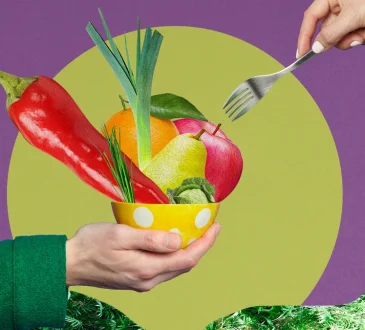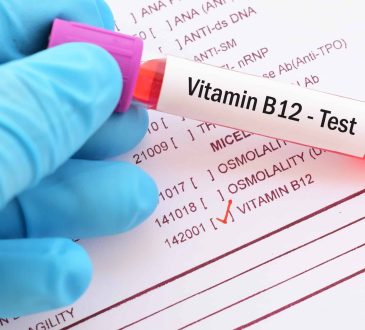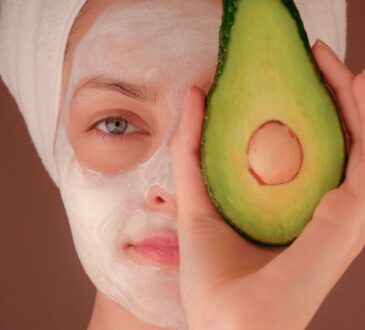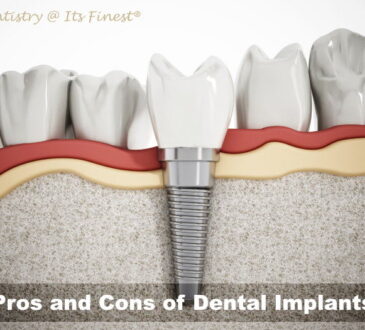
Are broiler eggs good for your health? The answer depends on which part of the egg you consume. If you are concerned about Vitamin B12 and Iron content, broiler eggs are good options. The unhealthy parts are Cholesterol and saturated fats. So, do broiler eggs contain these nutrients? In this article, we will take a closer look at these aspects. We’ll also discuss the effects of fat on the health of broiler eggs.
Protein is a good source of vitamin B12
Eggs are a great source of vitamin B12, but you must understand that they do not contain the high levels of this essential nutrient that you need. One large egg contains just 0.44 micrograms of vitamin B12, which is about 7% of your daily requirement. Although eggs are a good source of protein and phosphorus, they also have a high amount of dietary cholesterol. Therefore, you should make sure you eat eggs regularly if you want to get the benefits of vitamin B12.
Eggs contain twelve of the thirteen vitamins and minerals that are important for human health. In addition to providing essential vitamins and minerals, they can also help protect the nutritional value of eggs. DSM has teamed up with the International Egg Commission to help improve the sustainability of the industry by sharing its knowledge about egg nutrition. By improving nutrition in human diets, eggs can help address micronutrient deficiencies and contribute to the UN Sustainable Development Goals.
Beef contains a good source of vitamin B12. However, it is important to remember that beef is high in saturated fat, which can raise cholesterol and increase the risk of heart disease. To get a better source of vitamin B12, you should consider fortified nutrition yeast. This is a form of inactive yeast that can be sprinkled on popcorn or substituted for cheddar cheese. In addition to supplying vitamin B12, nutritional yeast also contains nine essential amino acids and has a cheesy flavor.
Although protein is a good source of vitamin B12, you should not count on broiler eggs to meet your daily requirements. There are a lot of ways to get this important vitamin. So, eat plenty of meat and other animal foods. They are both good sources of vitamin B12 and can help boost your immunity. And remember that vitamin B12 is a water-soluble nutrient that can be easily absorbed by your body.
Iron is a good source of iron
While the dietary intake of Fe from broiler eggs is not a major source of dietary iron, there is evidence that supplementation with this mineral can help to improve their sensory quality. One study found that adding iron to the diet of laying hens increased the proportion of live embryos that hatched and the hematocrit of eggs. However, the results could not be generalized to other types of eggs or diets.
According to Cortinas et al., the egg’s composition is one of its major attributes. The addition of iron to hen’s eggs increased the egg yolk’s iron content significantly. However, there were no significant differences in the texture of the yolks in the other treatments. However, dietary iron may not be as essential as one might hope. Several other studies have found that eggs rich in iron are an excellent source of vitamin B12.
Besides the great taste and versatility, eggs are also a rich source of protein and essential vitamins. Americans will eat an average of 280 eggs this year. A single egg contains 1.89 mg of iron, which increases energy levels and helps the immune system. Choline in the yolks helps brain development and increases concentration levels. The yolks are also concentrated sources of the amino acid glycine.
Studies have found that a combination of iron and zinc supplements improves feed conversion, as well as egg mass. Adding both iron and zinc to the diet has no significant effect on egg quality. In addition, Zn and Cu supplementation improved egg shell percentage and Haugh Units. So, in the end, iron and zinc supplementation are both good sources of iron in broiler eggs.
Vitamin B12 is a source of vitamin A
A good source of vitamin B12 is fish meal, which is an essential nutrient for broilers. It is also available in animal proteins, such as milk. A deficiency in vitamin B12 can cause symptoms including dermatitis and anemia. Deficient birds exhibit abnormalities in their liver, including spasmodic convulsions and stunted growth. Supplementation is recommended for stressed birds.
Normally, poultry gets their vitamin B12 from pecking in dirt, but industrial farming methods have made it impossible for them to do this. Therefore, B12 is added to animal feed. Vitamin B12 is found in only one-half of one cooked egg. This is significantly less than the recommended daily allowance for adults, which is 2.4ug. The FDA uses the higher RDI of sixug for nutrition labeling, which means that eggs do not meet the definition of a “good source” of vitamin B12.
In addition to providing adequate nutrition, vitamin A in broiler eggs also provides a good source of Vitamin B12. The amount of Vitamin A in egg yolks is approximately ten to thirty percent higher than that in regular yolks. Eggs enriched with vitamin E have an average of 200 to 400% more vitamin E than ordinary eggs. This transfer rate is a relatively high percentage compared to the amount of vitamin A in normal eggs.
People who need more than the recommended daily allowance of Vitamin B12 can take a multivitamin supplement. It helps to increase the absorption of vitamin B12 from food sources and supplementation. While there is a low bioavailability, cyanobacteria can be a good source of vitamin B12 in small quantities. Vitamin B12 is essential for healthy nerve function and red blood cells.
Cholesterol is a source of unhealthy fats
The majority of broiler eggs contain cholesterol. However, a small percentage of broiler eggs contain healthy fats from other sources, such as vegetable oils and fish. In addition, egg yolks contain a lot of omega-3 fatty acids. In addition, eggs can contain other sources of omega-3 fatty acids, such as mono and polyunsaturated fats.
In addition to cholesterol, eggs are high in trans fats, which are found in processed foods and fast foods. Trans fats are harmful to the heart and should be avoided. Although eggs are a healthy food, you should consider limiting your daily intake to less than two dozen a week. Also, be sure to consider the amount of cholesterol in other foods, such as butter, cheese, bacon, sausage, and muffins.
A study of 37121 US adults found that dietary cholesterol intake was not associated with all-cause mortality and death from heart disease. However, an inverse association was found in subgroups stratified by hypercholesterolemia. However, it was noted that high cholesterol intake did not increase risk for heart disease. Moreover, egg intake was associated with a low risk of cancer.
Although eggs contain cholesterol, they are still a good source of choline. Choline is an essential nutrient, and people often don’t consume enough of it. Talk to your healthcare provider if you’re worried about cholesterol levels or if you have a history of heart disease to discuss your eating habits. Choline is an essential nutrient found in eggs, which is often lacking in diets.
Free-range chickens have better living conditions
If you can afford it, buy meat from free-range chickens. The meat is better tasting, more tender, and naturally light-colored than meat from conventionally-raised chickens. Chickens raised outdoors are healthier, as they have access to grass, insects, and other natural diets. Free-range chickens also get more exercise and sunlight, ensuring they’re healthier overall. In addition, the meat is more nutritious because chickens living in a free-range environment have a better quality of life.
Studies have shown that free-range chickens have better health conditions than conventionally-raised poultry. Not only do they get more sunshine and exercise, but they are also happier. These chickens spend the day foraging and hunting for food. While their primary source of food is scratch, they also learn to forage for bugs and other nutrients through a mother hen. By the time the chickens get older, they are well-fed and have fewer problems with stress.
As with all things, free-range chickens have advantages and disadvantages. Free-range chickens are more vulnerable to predator attacks, so you may need a confined solution or livestock guardian dog to protect your chickens. But the health benefits of free-range chickens are well worth the trade-off! But there are also some drawbacks to free-range chickens. One of the downsides is that they are vulnerable to predators, so be sure to consider this before purchasing your chickens.
In addition to the nutritional benefits of free-range chickens, they have a lower risk of disease. In warmer climates, they need structures to protect themselves from disease and parasites. They can also be susceptible to diseases that originate in wild birds. Fortunately, the advantages far outweigh the disadvantages. And free-range chickens are healthier overall. If you can afford it, try to buy eggs from a free-range flock.
For more valuable information visit this website





